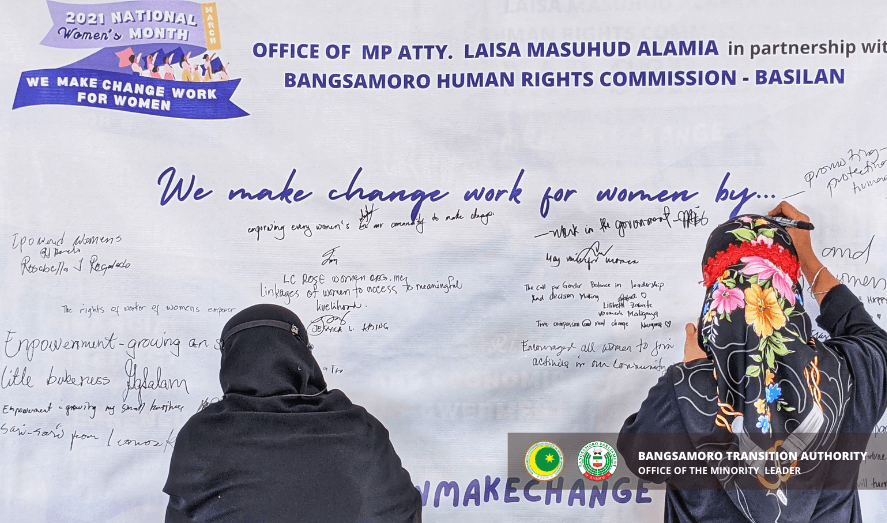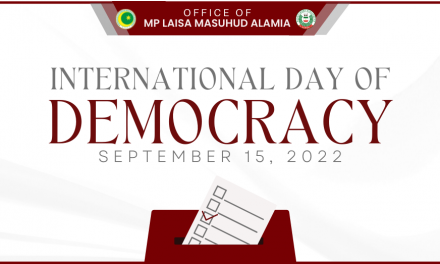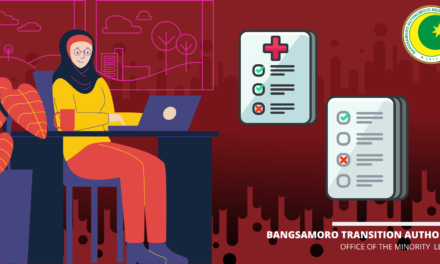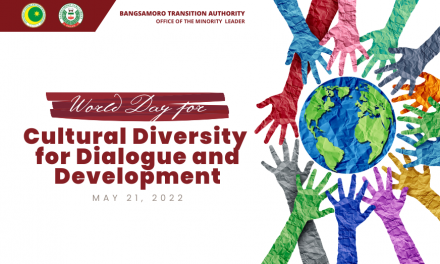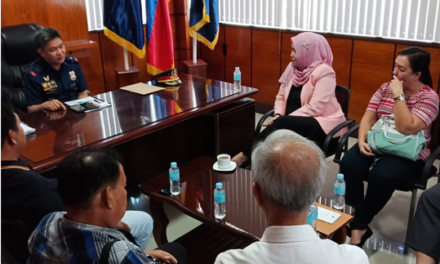As a long-time women’s rights advocate, Minority Floor Leader Atty. Laisa Alamia knows how important it is for women to have economic empowerment.
“We can’t talk about women’s rights without talking about her economic empowerment, and we can’t talk about getting women and girls out of violent situations without making sure that women have the capacity to survive and stand on her own two feet if she doesn’t have the means to support herself and her children,” Alamia said to an audience of women leaders and entrepreneurs who participated in a women’s rights lecture and workshop in Sumisip, Basilan on March 10.
The said lecture and workshop is the first installment of a two-part event organized by the Office of the Minority Floor Leader as part of its ongoing series of activities for Women’s Month, in coordination with the local government unit of the said municipality. The second installment, held later in the day, was a film screening of Sheron Dayoc’s award-winning work from 2016, Women of the Weeping River,
“While there have been many government programs catering to women, most of them are only implemented and felt in localities that are near centers of power. This means that the voices of women in the grassroots — mothers, widows, and displaced women and children — are hardly ever heard,” Alamia noted.
Women are forced into being dependents, deprived of rights
“We have a right to be empowered, and we need to claim it,” Miriam Suacito, Executive Director of Nagdilaab Foundation Inc., said during her lecture regarding women’s rights and economic empowerment.
“We have equal rights to education, to participate in politics,” she emphasized, as she noted the importance for women to have confidence in claiming these rights and to stop dismissing the knowledge and capabilities that they have earned in areas outside of schools and offices.
This, however, may prove to be difficult as women are subject to different forms of violence, which includes economic violence. Laws that seek to uphold women’s rights often become a double-edged sword in a prejudiced society, as seen in the way the law expanding maternity leave benefits to 105 days of paid leave is sometimes used as a justification to not hire women at all.
Suacito also points out how women who engage in small businesses and start-ups receive very little support, making them difficult to sustain. While the Philippines has more women business owners than most other countries worldwide, she notes how many of these businesses peak only once before it eventually declines and closes down — a statistic that calls for a more strategic and coordinated approach in securing economic empowerment for women.
She also highlighted the importance of organizing and mobilizing women into collectives that can serve as a united front in asserting women’s rights and demanding protections for said rights.
In a separate lecture, Atty. Alman-Najar Namla of the Bangsamoro Human Rights Commission-Basilan detailed some national laws and international treaties — including the Bangsamoro Organic Law — that serve as legal basis for the state’s mandate over women’s rights.
Babae tayo. Hindi lang tayo babae lang.
Later in the afternoon, around thirty youth leaders gathered to watch Sheron Dayoc’s Women of the Weeping River, a film that tells the story of women who find themselves in a deadlock as their families engage in an escalating clan war (rido).
Yara Musa, one of the youth leaders invited to lead the panel discussion, shared how the film reminded her of stories she’s heard from conflict-affected communities. Women are often forced to forego opportunities that were already limited to begin with, as they are told to “stop studying or working; just get married.”
But women, Musa said, also need to remember that “we are not just women. We are women, and we deserve equal rights and opportunities. We can only do that if there is peace in our communities.”
Other members of the audience recounted their personal experiences with conflict and how they, as youth who take on an active role in their communities, are working hard to make sure that a better future awaits them as they aspire to “bring the lessons from the events today to the outside world.”

